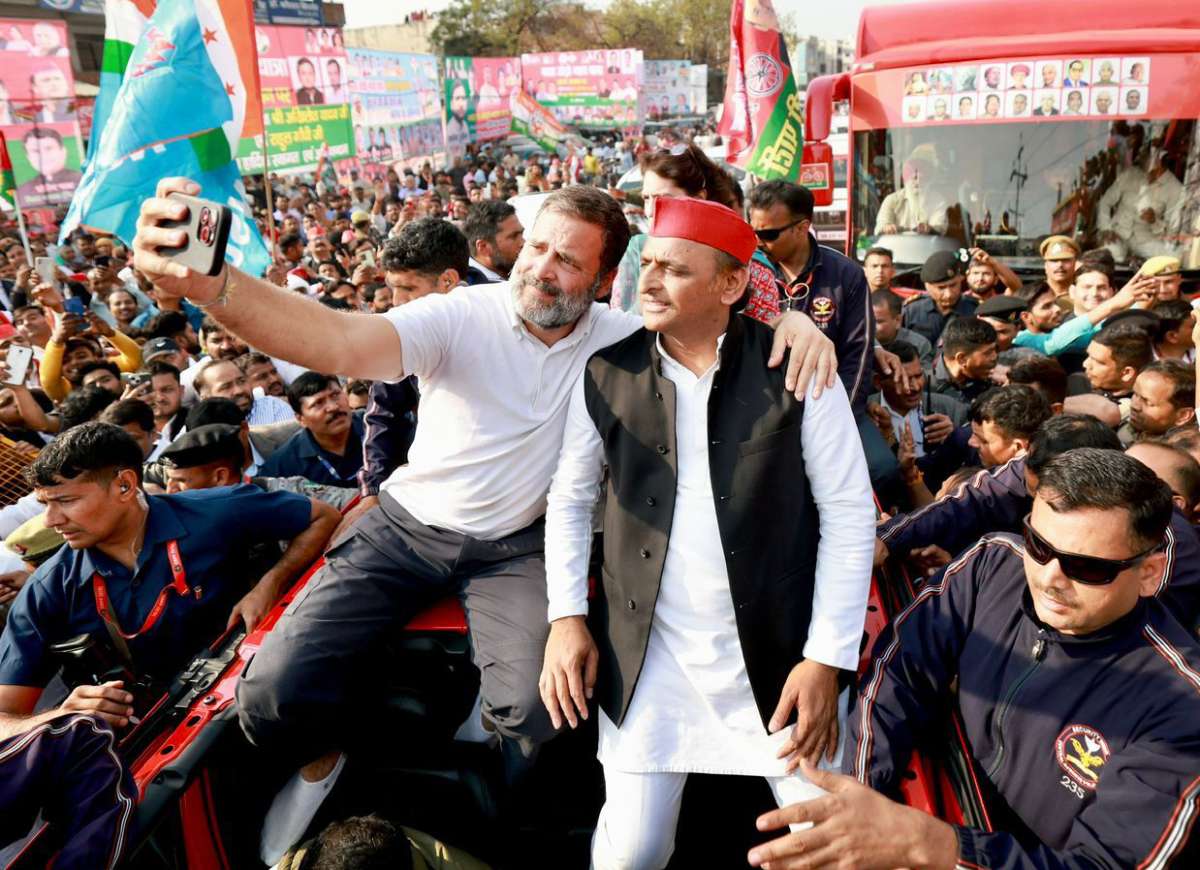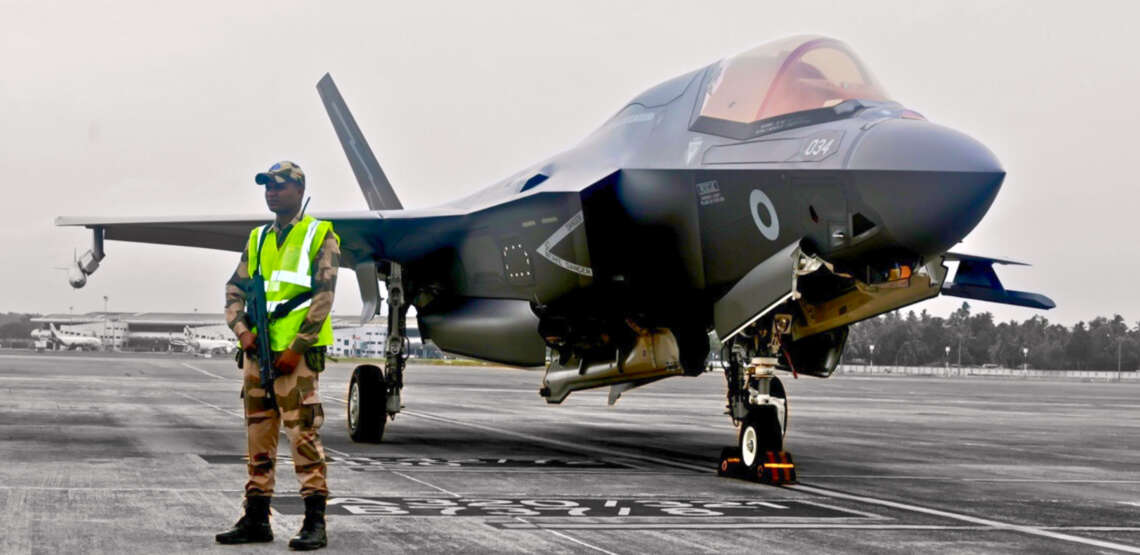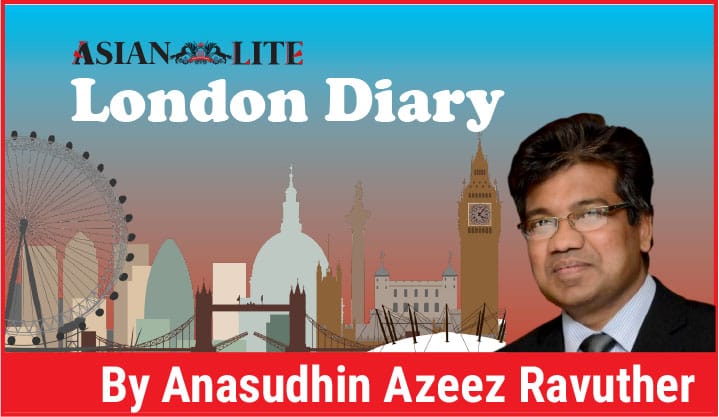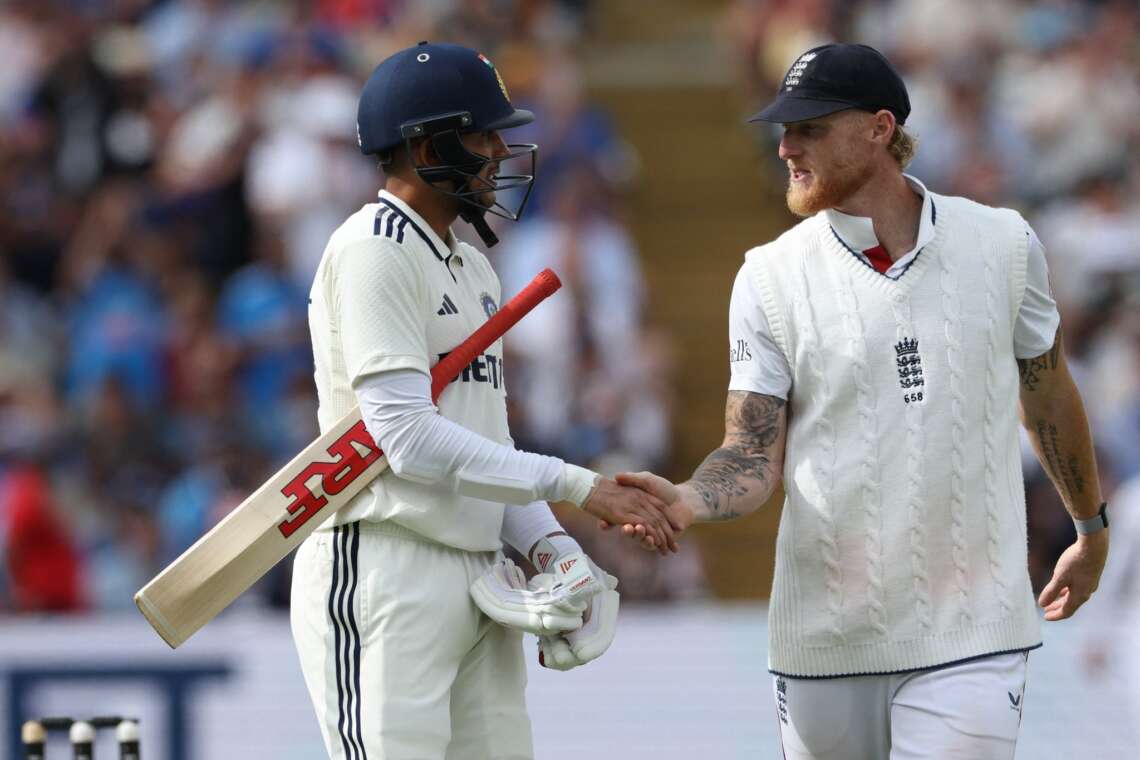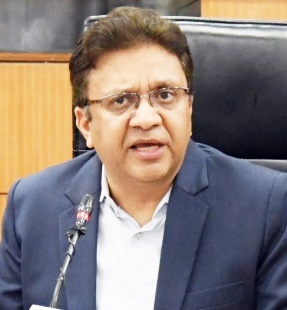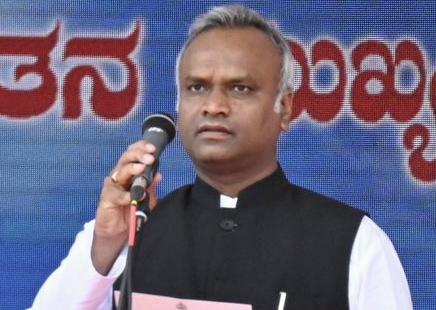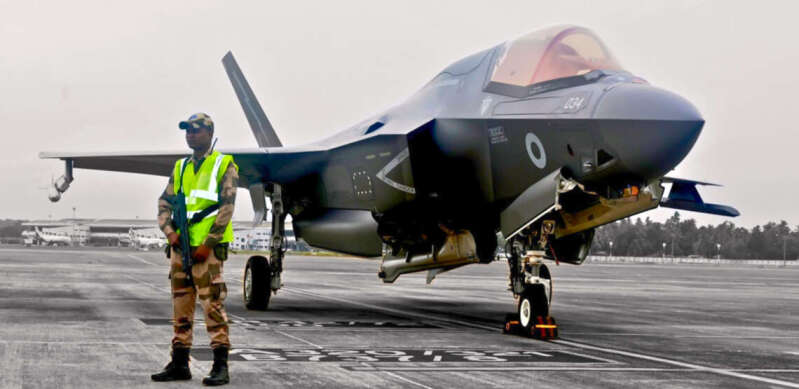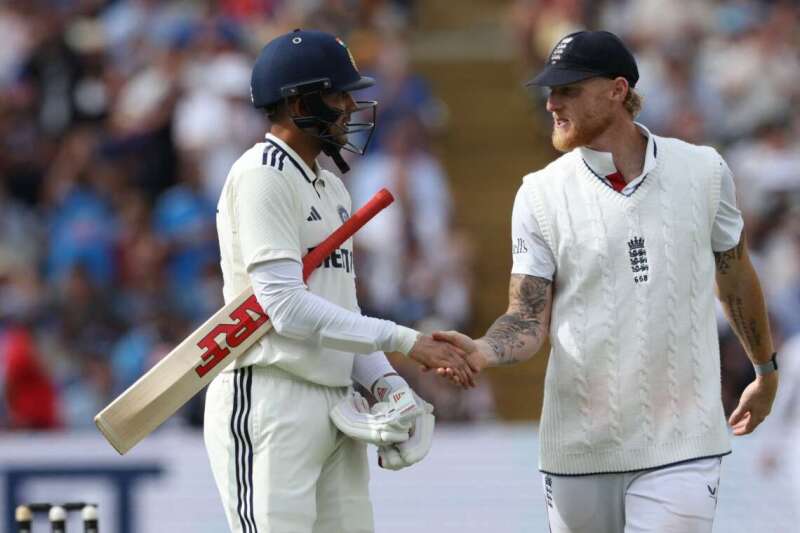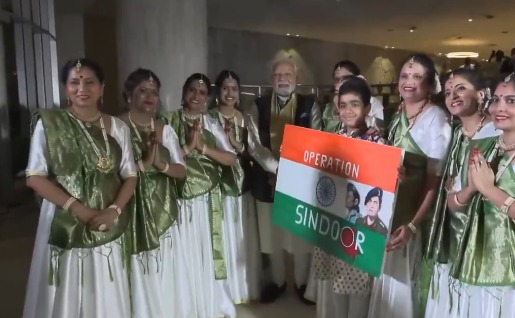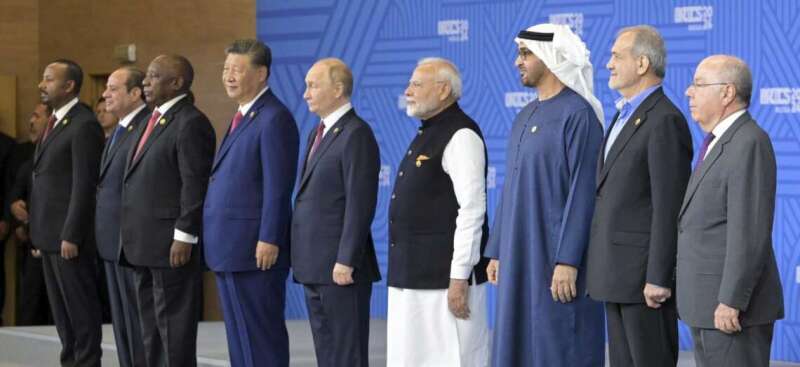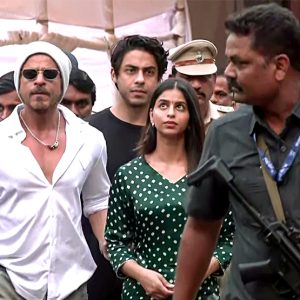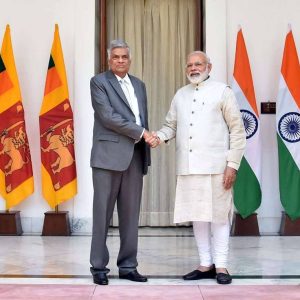In the 2014 Lok Sabha elections, the BJP and its allies dominated by securing 73 out of 80 seats in the state….reports Asian Lite News
The upcoming general election in Uttar Pradesh presents an intriguing shift as the SP-BSP alliance gives way to the SP-Congress pact within the INDIA bloc. Previously, the Samajwadi Party-Bahujan Samaj Party coalition offered some resistance to the BJP in specific regions of UP during the 2019 elections but fell short of significant impact. Now, with Mayawati’s BSP opting to contest independently, the onus falls on the SP and Congress to counter the formidable NDA, which has allied with the RLD and several caste-based regional parties in the Poorvanchal region.
In the 2014 Lok Sabha elections, the BJP and its allies dominated by securing 73 out of 80 seats in the state. Although the opposition parties managed to increase their combined tally to 16 in 2019, the BJP maintained its stronghold, clinching 62 seats alongside two won by its ally Apna Dal (Sonelal).
The BJP’s stronghold was notably evident in western UP, where it secured 23 seats in 2019, contrasting sharply with the meager four seats each clinched by the SP-BSP alliance. The BSP secured victories in Saharanpur, Bijnor, Amroha, and Nagina (SC seat), while the SP triumphed in Sambhal, Moradabad, Mainpuri, and Rampur.
Central UP holds significant constituencies like Amethi and Rae Bareli, traditionally considered Congress bastions. In 2019, Sonia Gandhi retained her Rae Bareli seat, but Rahul Gandhi lost Amethi to Union Minister Smriti Irani. Defence Minister Rajnath Singh secured victory in Lucknow, while the BSP claimed only one seat, Ambedkarnagar, and the SP failed to secure any from this region.
The BJP dominated the central region with 13 seats, including the historic Faizabad Lok Sabha seat, central to the Ram Temple fervor that swept across the nation. Varanasi, represented by Prime Minister Narendra Modi, and other eastern constituencies witnessed BSP winning five seats, SP securing one, and Apna Dal (Sonelal) grabbing two.
Bundelkhand, swept by the BJP in 2019, saw victories in all four Lok Sabha seats. This region, long plagued by water scarcity, has seen the initiation of irrigation projects and improved access to safe drinking water. Furthermore, infrastructural developments like expressways and new airports have contributed to narrowing regional disparities across the state.
SP candidates
The Samajwadi Party (SP) has released the fifth list of its candidates in Uttar Pradesh for the upcoming Lok Sabha elections on Saturday.
Dharmendra Yadav will contest from Azamgarh.
According to the list that has been released by the party, the other candidates include Mahendra Nagar from Gautam Buddha Nagar (Noida), Manoj Kumar Raghvanshi from Misrikh, Bheem Nishad from Sultanpur, Jitendra Dohre from Etawah, and Narayan Das Ahriwar from Jalaun.
Earlier on Friday, the party released its fourth list of candidates, which included Yashveer Singh from Bijnor, Manoj Kumar from Nagina, Bhanu Pratap Singh from Meerut, Bijendra Singh from Aligarh, Jasveer Valmiki from Hathras, and Daroga Saroj from Lalganj.
The SP gave the Bhadohi Lok Sabha seat to the Trinamool Congress (TMC).
The SP has fielded Dimple Yadav, wife of former Chief Minister Akhilesh Yadav from Mainpuri and Shafiqur Rahman Barq from Sambhal and Ravidas Mehrotra from Lucknow.
Akshay Yadav has been fielded from Firozabad, while from Banda, the SP has fielded Shivshakar Singh Patel.
The Samajwadi Party will contest the Lok Sabha election in an alliance with the Congress in the politically crucial state that sends 80 MPs to the Lok Sabha.
The Samajwadi Party and the Congress are partners in the INDIA bloc.
In the current Lok Sabha, the SP, which had fought in alliance with the Bahujan Samaj Party (BSP) in 2019, has three MPs while the BSP has 10 MPs.
According to party leader Ravidas Mehrotra, the Samajwadi Party will contest elections on 63 seats and Congress for 17 seats in Uttar Pradesh.
Meanwhile, the Election Commission of India (ECI) announced the dates for Lok Sabha and four state assembly elections on Saturday.
The general election for 543 Lok Sabha seats will be held in seven phases starting April 19, Chief Election Commissioner Rajiv Kumar announced on Saturday. The counting will be held on June 4.
Nearly 97 crore voters will be eligible to vote for 543 Lok Sabha constituencies across the country. With the announcement of dates, the moral code of conduct comes into force immediately. (with inputs from agencies)
ALSO READ: Modi Pens Open Letter For Countrymen


